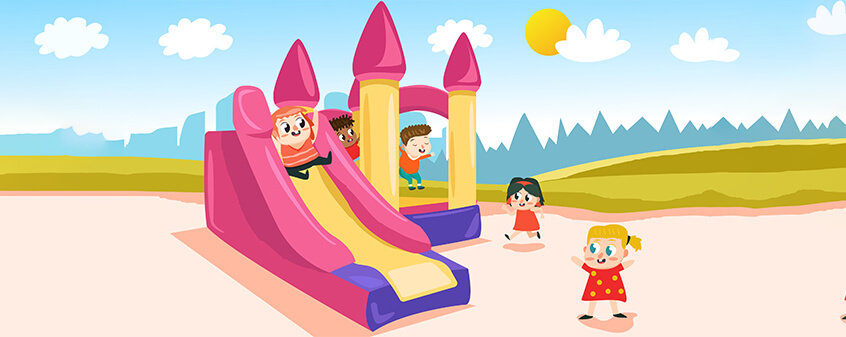Observe a baby trying to flip over or beginning to walk. He keeps trying till he finally does it. He never fears failure. But as our kids grow, we put the concept of failure into their heads.
• ‘Don’t run fast. You will fall down!’
• ‘Don’t jump on the swing. You could hurt yourself.’
• ‘No football sessions till you finish your revision.’
• ‘Study or you’ll fail!’
Don’t the above statements sound familiar? How many of our parents have said the same things to us? And how many tell our children the same? Such statements only foster failure. WE put the concept of failure into a kid’s mind. Such statements condition our kids to believe that they are not capable of doing things well. This reinforces the negative in them and helps to foster a negative self image. Hence the chances of them failing are higher.
Some kids will think that they are whiz kids while others think of themselves as nothing but failures. A lot depends on the self image that kids build for themselves. Self image is responsible for the levels of confidence that kids experience. When they know and believe that they are good at something and are successful at the task, they begin to develop a positive self image. While taking pre-school admission, Divya, my colleague, once met a girl who said her name was Sara Don’t! The girl had always heard the word ‘don’t’ after her name and thought that was her name!
Try telling your child:
• ‘Run! Fast! Take care! You won’t fall!’
• ‘Enjoy the swing! Take care not to hurt yourself!’
• ‘Finish your revision. Your friends will be down for football soon. You sure don’t want to miss it.’
• ‘Study well. You can do the best courses in the world then.’
Such statements foster a strong positive self image. The child will believe that he can do something if he really tries hard. He will work towards the task with the aim to complete it successfully.
The Bhagvad Gita says, ‘A man is made by his belief. As he believes, so he is.’ It further says, ‘A man’s own self is his friend. A man’s own self is his foe.’
Motivate your kid to be his own friend and not foe. We as teachers and parents have the responsibility of nurturing the natural interests and gifts of a child over enforcing the most financially viable vocations and professions. Parents who bring up their children with unconditional love and acceptance bring up children with high self-esteem and self-confidence. This self-confidence comes from being allowed to live one’s authentic purpose—an inner feeling of the certainty of knowing and living who you are and what you have to offer to the world. It is having the knowledge that you are worthwhile and valuable.
We should encourage our children to be aspirational, creating a passionate, exciting, and highly engaging life instead of following the current highest paid job that is always subject to change. I truly believe that passion and purpose leads to success and with success follows financial freedom.








